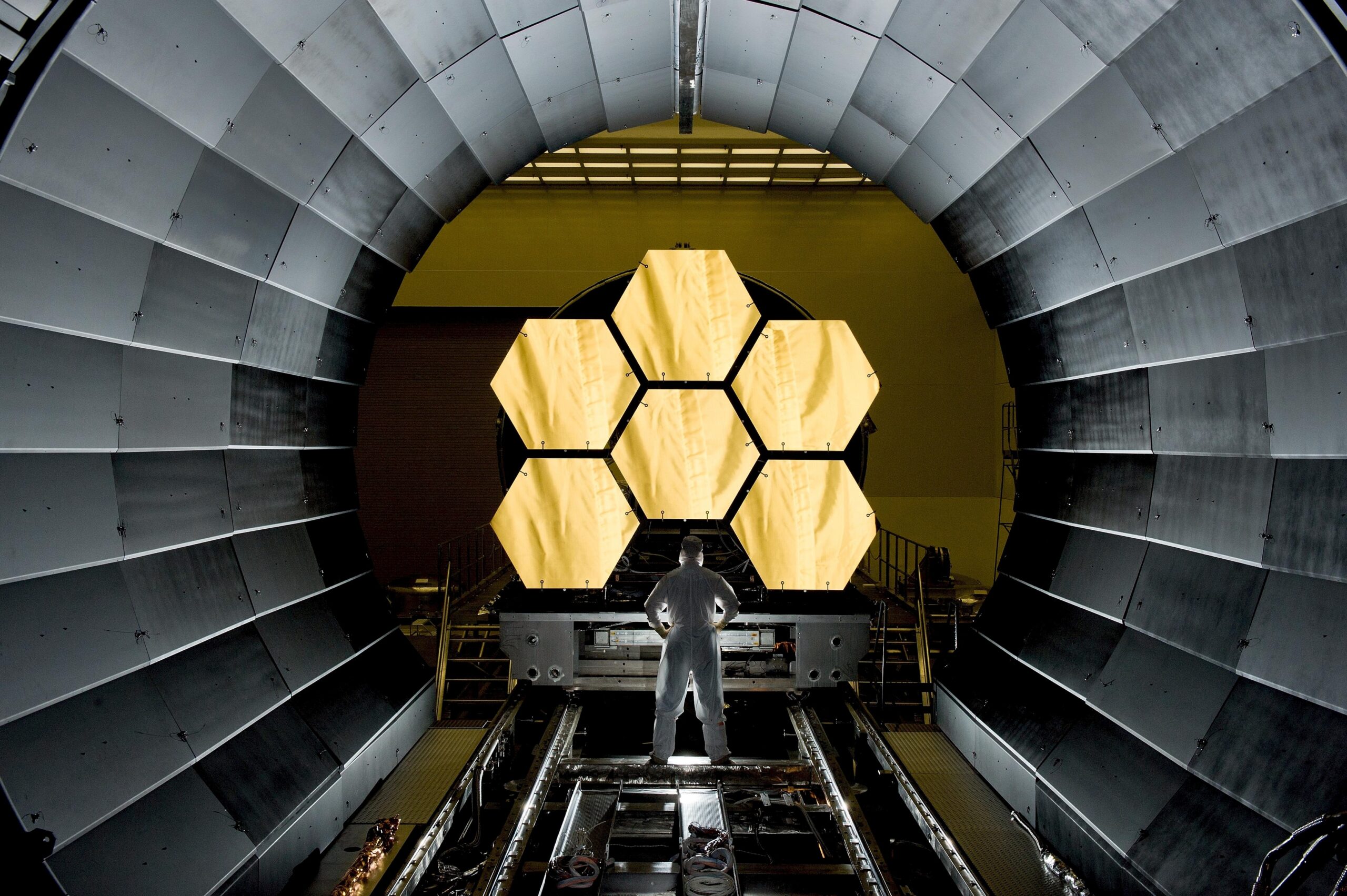
Collective Benefits of Open Science
Collective Benefits of Open Science https://opusproject.eu/wp-content/uploads/2023/04/pexels-pixabay-46168-scaled.jpg 1024 681 Open and Universal Science (OPUS) Project Open and Universal Science (OPUS) Project https://opusproject.eu/wp-content/uploads/2023/04/pexels-pixabay-46168-scaled.jpgScience is the backbone of human progress and development. Every breakthrough in science has transformed our world for the better, be it in the field of medicine, technology, or environmental sustainability. However, science is not just a collection of individuals working in isolation. It is a collaborative effort where researchers, scientists, and institutions come together to push the boundaries of knowledge.
Open science is an approach to scientific research that encourages transparency, collaboration, and sharing of research data, methods, and findings with the wider community. It is a movement that has gained significant momentum in recent years, with more and more researchers and institutions adopting open science practices.
One of the most significant benefits of open science is the collective benefit it brings to society. By sharing research data, findings, and methods, open science enables a much wider audience to access scientific knowledge. This, in turn, can lead to faster and more efficient scientific progress as multiple researchers can work on a particular project simultaneously, thereby accelerating the pace of discovery.
Open science can also help to foster a more collaborative and transparent scientific culture. By sharing data and findings, researchers can receive feedback and validation from their peers, leading to higher-quality research outcomes. This is particularly important in fields such as medicine, where the accuracy and reliability of research findings can have a direct impact on patient outcomes.
Another significant benefit of open science is that it promotes scientific literacy and education. By making scientific research more accessible and understandable, open science can help to bridge the gap between scientific research and the general public. This can help to increase public trust in science and promote a more informed and engaged society.
Open science also has the potential to address some of the most pressing global challenges, such as climate change and public health crises. By sharing data and research findings, scientists and researchers can collaborate across borders to develop innovative solutions to these challenges.
However, for open science to reach its full potential, there are still some challenges that need to be addressed. These include issues such as data privacy and security, copyright, and intellectual property rights. Addressing these challenges requires a collaborative effort from researchers, institutions, policymakers, and funding agencies.
The collective benefit of open science cannot be overstated. It has the potential to accelerate scientific progress, foster a more collaborative and transparent scientific culture, promote scientific literacy and education, and address some of the most pressing global challenges. As such, it is essential that we continue to promote and adopt open science practices to ensure that scientific research continues to serve the greater good of society.
- Posted In:
- Open Science News




